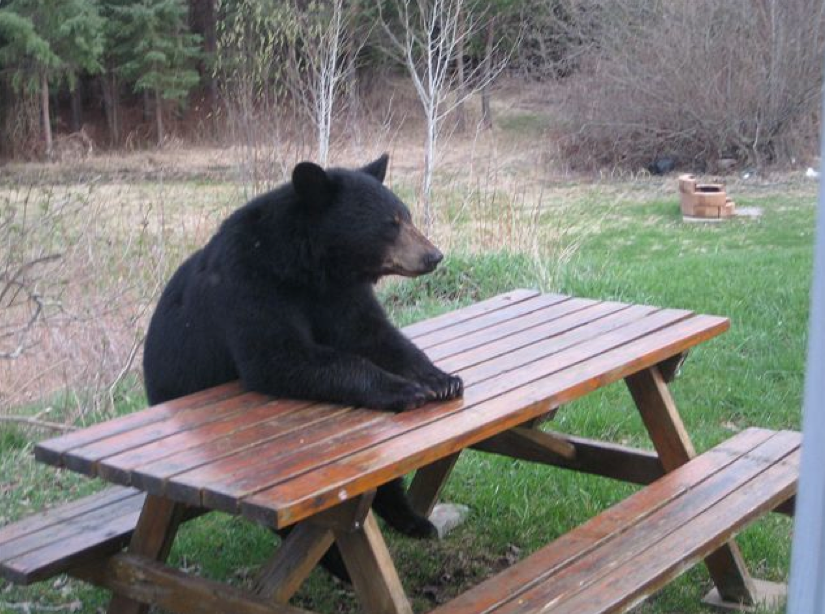ORLEANS — Vermont Fish & Wildlife wardens and biologists are receiving reports of hungry bears getting into trash containers as well as raiding bird feeders, beehives, and chicken houses.
“Human conflicts involving bears are increasing this spring,” said Chief Game Warden Jason Batchelder.
Vermont’s wardens say they are responding to events involving bears in search of easy calories, but, as with most wildlife conflicts, can be avoided by taking steps to secure food sources and making them inaccessible to hungry bears.
“People sometimes unintentionally encourage bears to come out of the forest by providing food,” says Forrest Hammond, Vermont’s bear biologist. “Once bears become used to these food sources and come into frequent human contact, people sometimes call them nuisance bears.”
Wardens say it is nearly impossible to relocate a nuisance bear. Unfortunately, they frequently have to be put down.
Some of the most common sources of food that attract bears are:
• Bird feeders
• Barbecue grills
• Garbage
• Household trash containers
• Open dumpsters
• Pet food and campsites with accessible food and food wastes
Purposely feeding a bear is not just bad for the bear, it’s also illegal in Vermont.
Vermont law also states that residents must take reasonable measures to protect their property from bears before lethal force can be taken. Some of these measures include:
• Keep chickens and honeybees secure within an electric fence or other bear-proof enclosure.
• Never feed bears, deliberately or accidentally.
• Feed pets indoors.
• Do not feed birds April 1 through November 30.
• Store trash in a secure place. Trash cans alone are not bear-proof.



